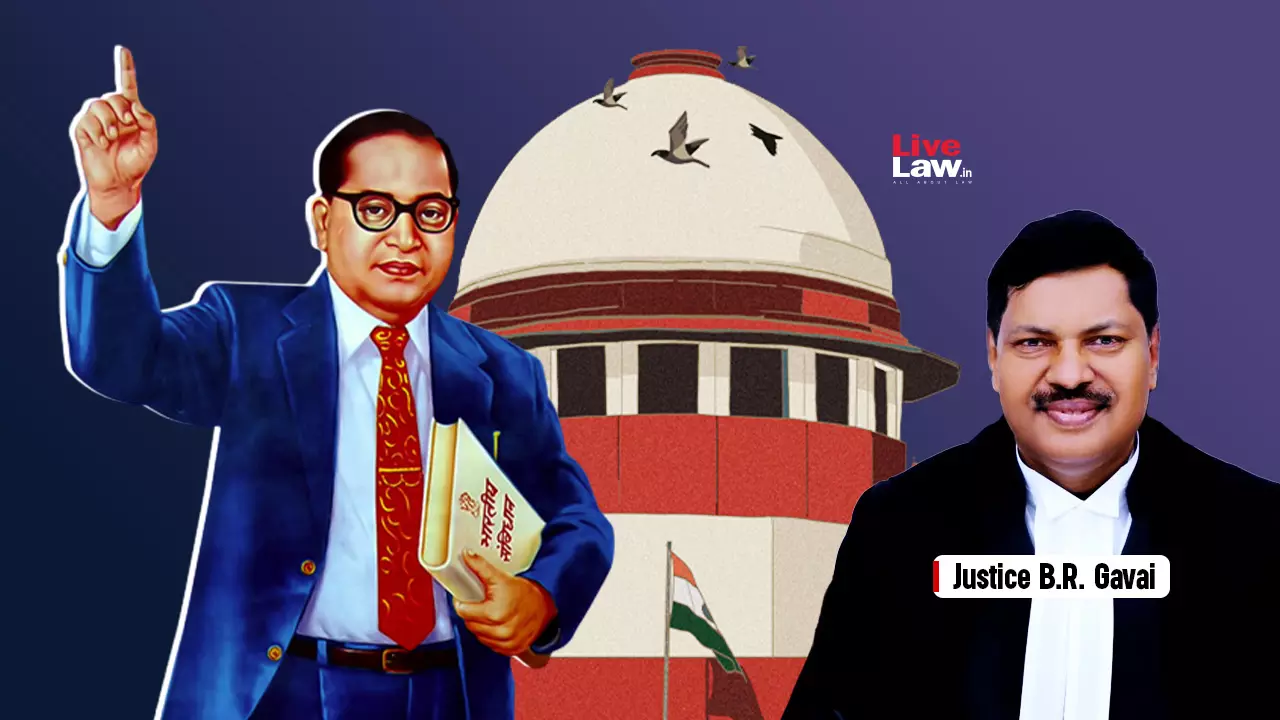Key insights
-
1
Historical Context
Dr. B.R. Ambedkar, a principal architect of the Indian Constitution, was a staunch advocate for social justice and equality. His vision and writings have left a profound impact on India's legal landscape, especially in matters concerning caste and social inequality.
-
2
Judgment Analysis
Justice B.R. Gavai's judgment draws heavily from Ambedkar's principles, emphasizing the need for nuanced understanding and reformation of caste-based reservations. The judgment reflects an effort to balance historical injustices with contemporary realities.
-
3
Legal Implications
The judgment sets a precedent for future cases involving caste and reservations. It highlights the judiciary's role in interpreting the Constitution in a manner that evolves with societal changes while staying true to foundational principles of equality and justice.
-
4
Social Impact
By addressing sub-classifications within castes, the judgment aims to ensure that benefits of reservations reach the most disadvantaged sections. This signifies a move towards a more equitable distribution of resources and opportunities.

